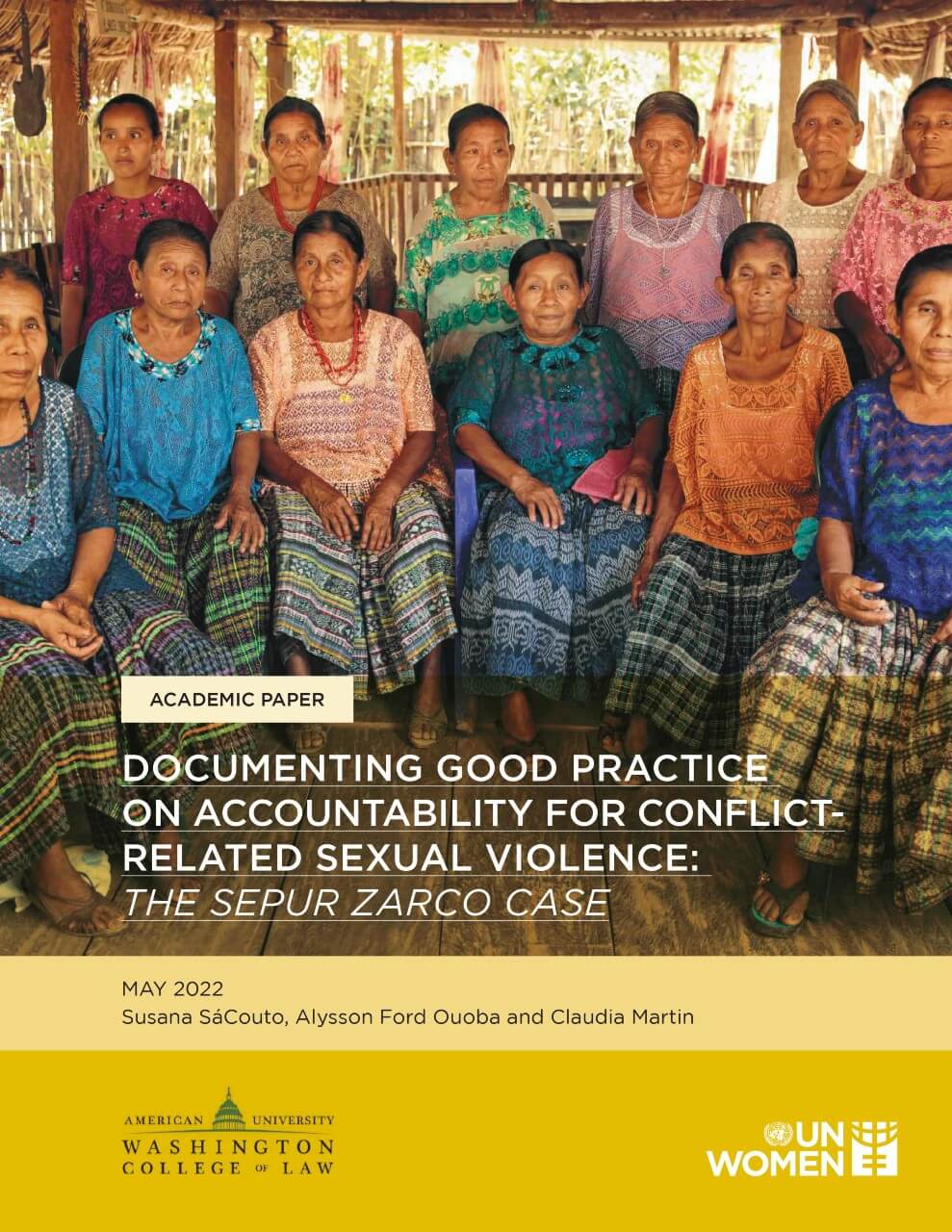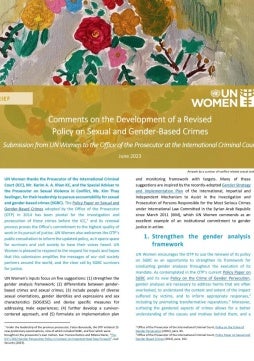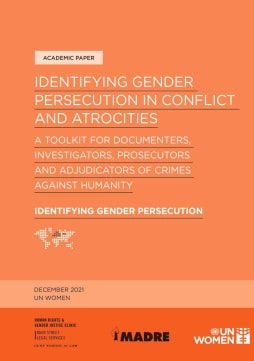Documenting good practice on accountability for conflict-related sexual violence: The Sepur Zarco case
Despite increasing evidence of sexual and gender-based violence committed during periods of conflict or repression, few domestic justice systems have held perpetrators accountable for these crimes. The Sepur Zarco case is an exception.
In a landmark verdict in late February 2016, a Guatemalan court convicted two former military members of crimes including sexual violence, sexual slavery, and domestic slavery committed against Maya Q’eqchi’ women near a military rest outpost in Sepur Zarco during the internal armed conflict in Guatemala.
This was one of the first convictions of former military members for acts of sexual violence committed in the context of the country’s armed conflict and one of the first instances of a domestic court anywhere prosecuting sexual slavery as an international crime. The Sepur Zarco verdict changed the narrative about sexual violence in Guatemala’s conflict and has inspired other women to bring sexual violence claims, both in Guatemala and elsewhere.
The report describes the survivor-centered approach employed by those involved in the case—prioritizing the rights, needs, and leadership of the victim-survivors, affectionately known as the Abuelas of Sepur Zarco—and the social, legal, and political strategies that led to its remarkable success. It also offers reflections about the challenges that have emerged since the Sepur Zarco case and the potential lessons learned for pending and future litigation of similar cases in the region.










